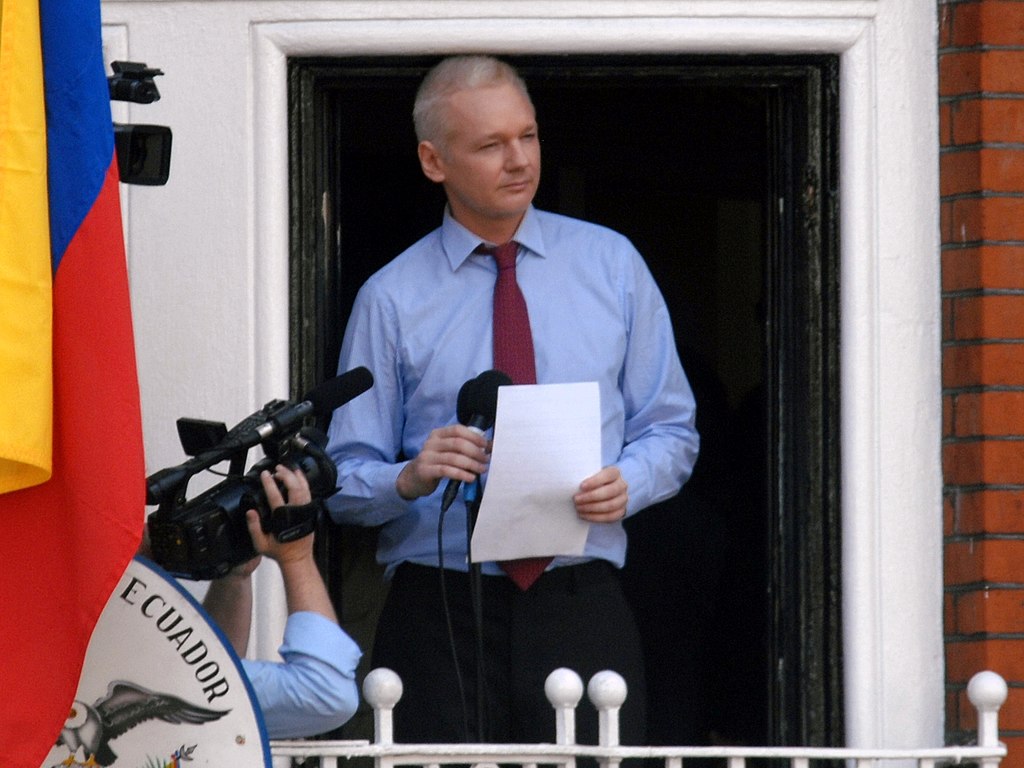A group of Australian lawmakers said Tuesday they planned to travel to the U.S. to lobby against efforts to extradite Wikileaks founder Julian Assange.
Assange has been charged with violating the Espionage Act. In 2019, the Department of Justice levied an 18-count superseding indictment against him related to his alleged role in one of the largest compromises of classified information in the history of the United States. The DOJ asserts Assange was complicit with convicted former U.S. Army intelligence analyst Chelsea Manning.
The Australian delegation includes former Deputy Prime Minister Barnaby Joyce and five other lawmakers from across the political spectrum, who feel “really, really strongly about the importance of securing Mr. Assange’s freedom.” Their trip is timed to occur ahead of a late October visit to the White House by Australian Prime Minister Anthony Albanese.
Delegation member Monique Ryan said Assange was in poor health, making the matter more pressing.
An Australian citizen, Assange has spent the past four years in Britain’s Belmarsh Prison fighting extradition to the United States. Before his incarceration, Assange took asylum for seven years in the Ecuadorian Embassy in London to avoid extradition to Sweden over sexual assault allegations. Sweden dropped that investigation in 2019 because so much time had elapsed.
In the U.S., the Australian delegation plans meet with members of Congress as well as the State Department and Justice Department. They will also meet with organizations including the American Civil Liberties Union (ACLU), the Foundation for Individual Rights and Expression, and the Committee to Protect Journalists.
This past November, The New York Times and four European news outlets—The Guardian, Le Monde, Der Spiegel and El País—urged the DOJ to drop its charges against Assange, arguing that his prosecution “sets a dangerous precedent” that would threaten to undermine the First Amendment and the freedom of the press.
If convicted in the U.S., Assange faces a maximum penalty of 10 years in prison on each count except for conspiracy to commit computer intrusion, for which he faces a maximum penalty of five years in prison.


